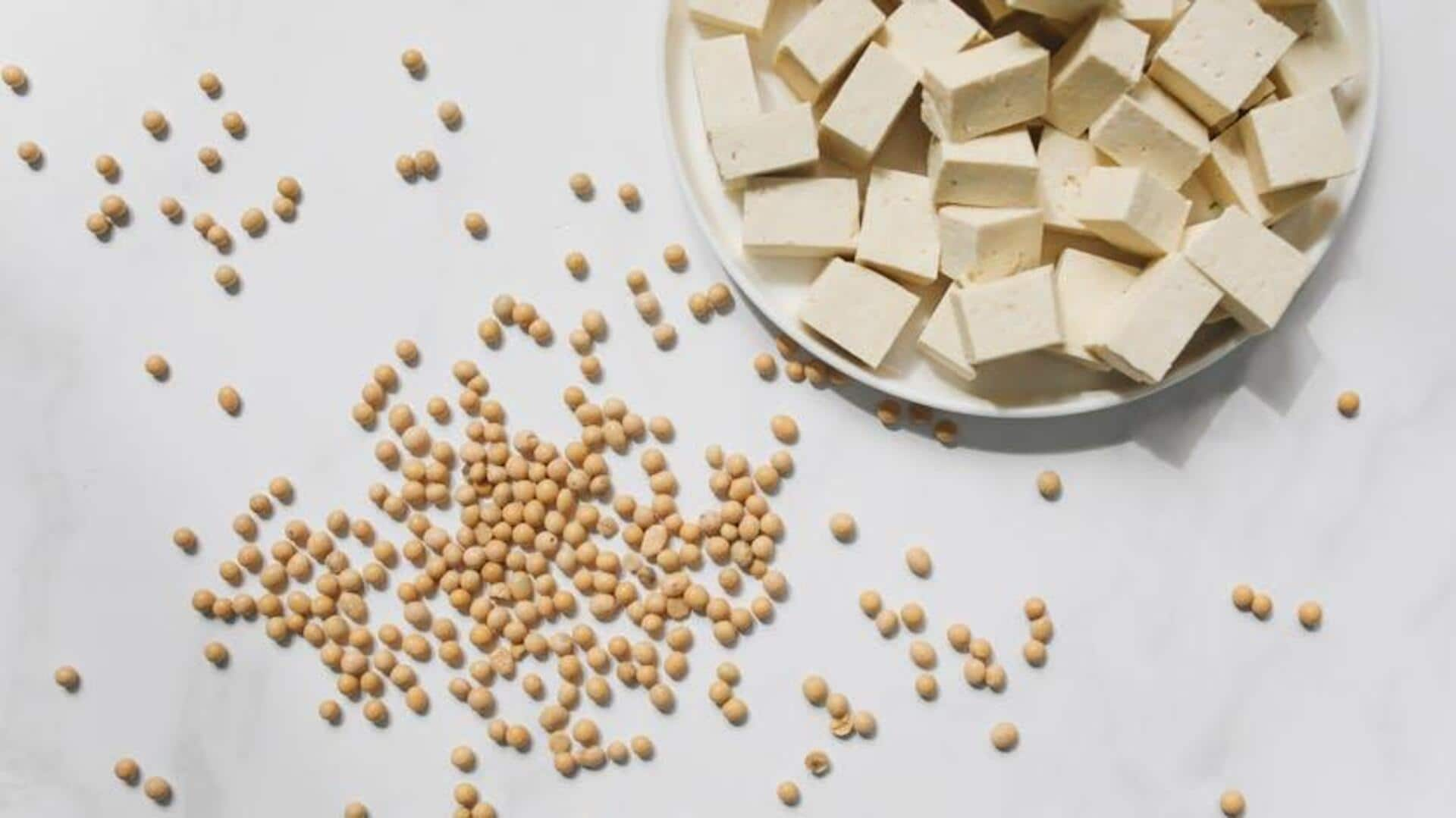
Debunking the biggest myths about plant proteins
What's the story
Though plant-based diets are on the rise, misconceptions about plant-based proteins can lead you astray in your quest for a balanced diet.
Most people assume that plant proteins are inferior to animal proteins, which isn't always the case.
However, knowing these myths is essential to ensure you make informed choices.
Here are five common myths about plant-based proteins, debunked!
Protein completeness
Myth: Plant proteins are incomplete
Another common myth is that plant proteins are devoid of essential amino acids, making them incomplete.
While it is true that some plants may not have all nine essential amino acids in one source, combining different plant foods can offer a complete protein profile.
From pairing rice with beans to whole grain bread with peanut butter, you can ensure the full spectrum of amino acids your body needs.
Nutritional value
Myth: Plant proteins lack nutritional value
Another misconception is that plant proteins don't offer the same nutritional benefits as animal proteins.
In reality, many plant-based sources like lentils and quinoa are rich in fiber, vitamins, and minerals absent in animal products.
These nutrients contribute to overall health by supporting digestion and reducing the risk of chronic diseases.
Supplement necessity
Myth: You need supplements on a plant-based diet
Some people think that supplements are a must when following a plant-based diet since they feel protein is deficient.
However, with careful planning and variety in food, you can meet your protein needs without any supplements.
Foods like tofu, chickpeas, and nuts can provide you with ample protein when eaten as part of a balanced diet.
Digestibility concerns
Myth: Plant proteins are harder to digest
There's a common belief that plant proteins are more difficult for the body to digest than animal proteins.
Although some may have digestive issues initially, as they are not used to increased fiber intake from plant food, most people adapt over time.
Cooking methods like soaking beans or fermenting soy products can improve digestibility too.
Athletic performance
Myth: Athletes cannot thrive on plant proteins
Many assume athletes can't perform optimally on a plant-based diet as they won't get enough protein.
However, many athletes thrive on such diets by consuming adequate calories from diverse sources like legumes and seeds.
Proper meal planning ensures they get enough energy and nutrients needed for peak performance without relying solely on animal products.